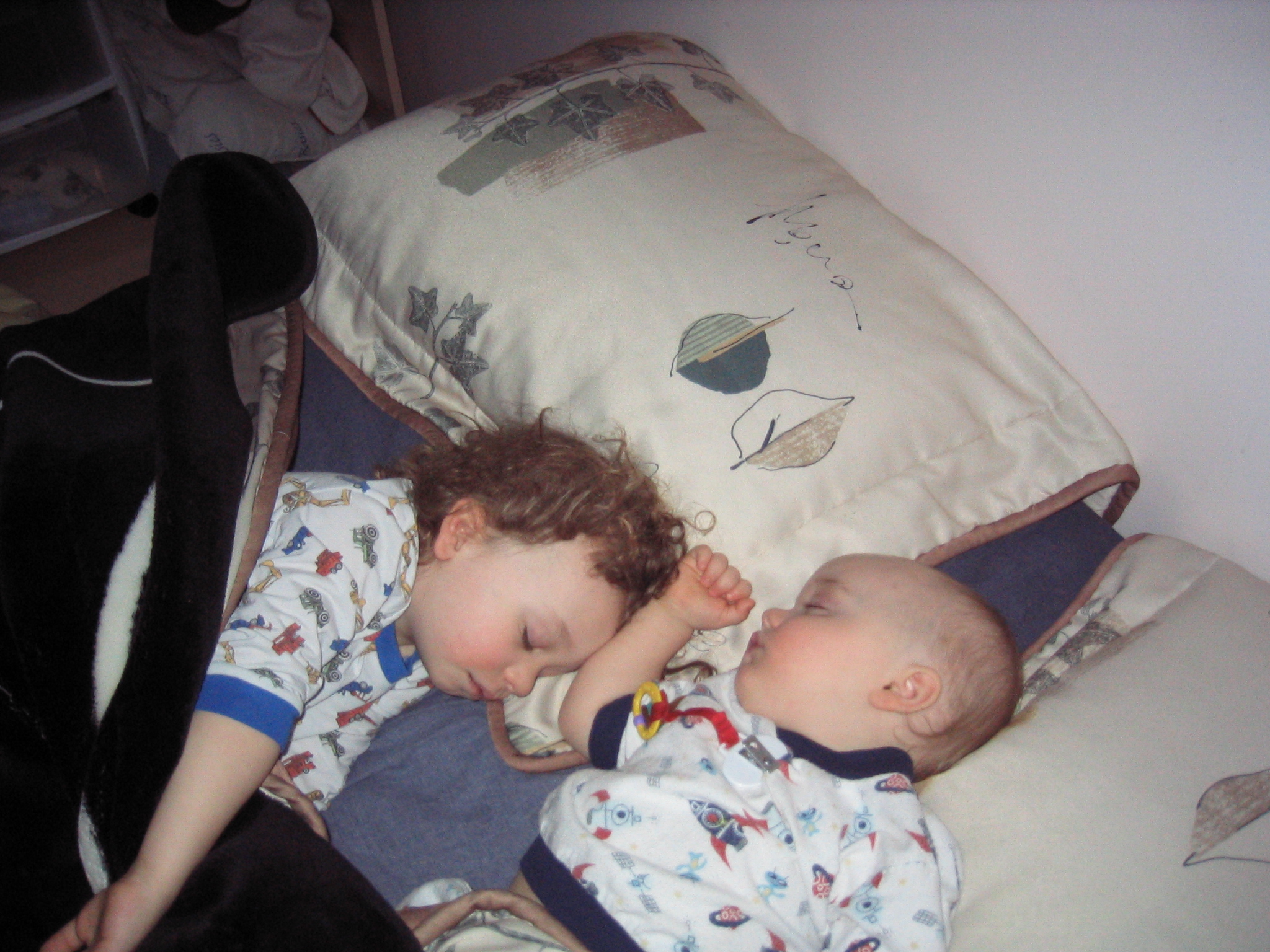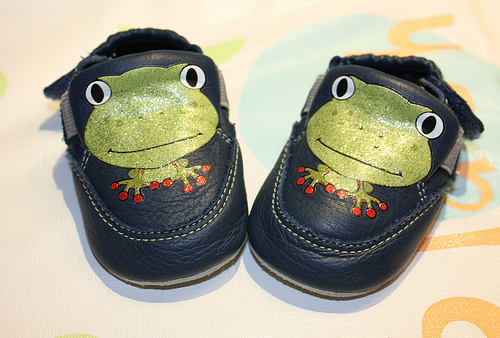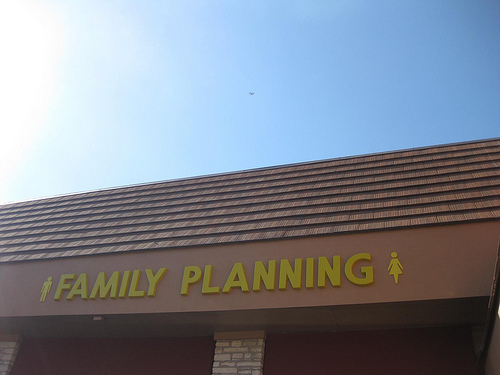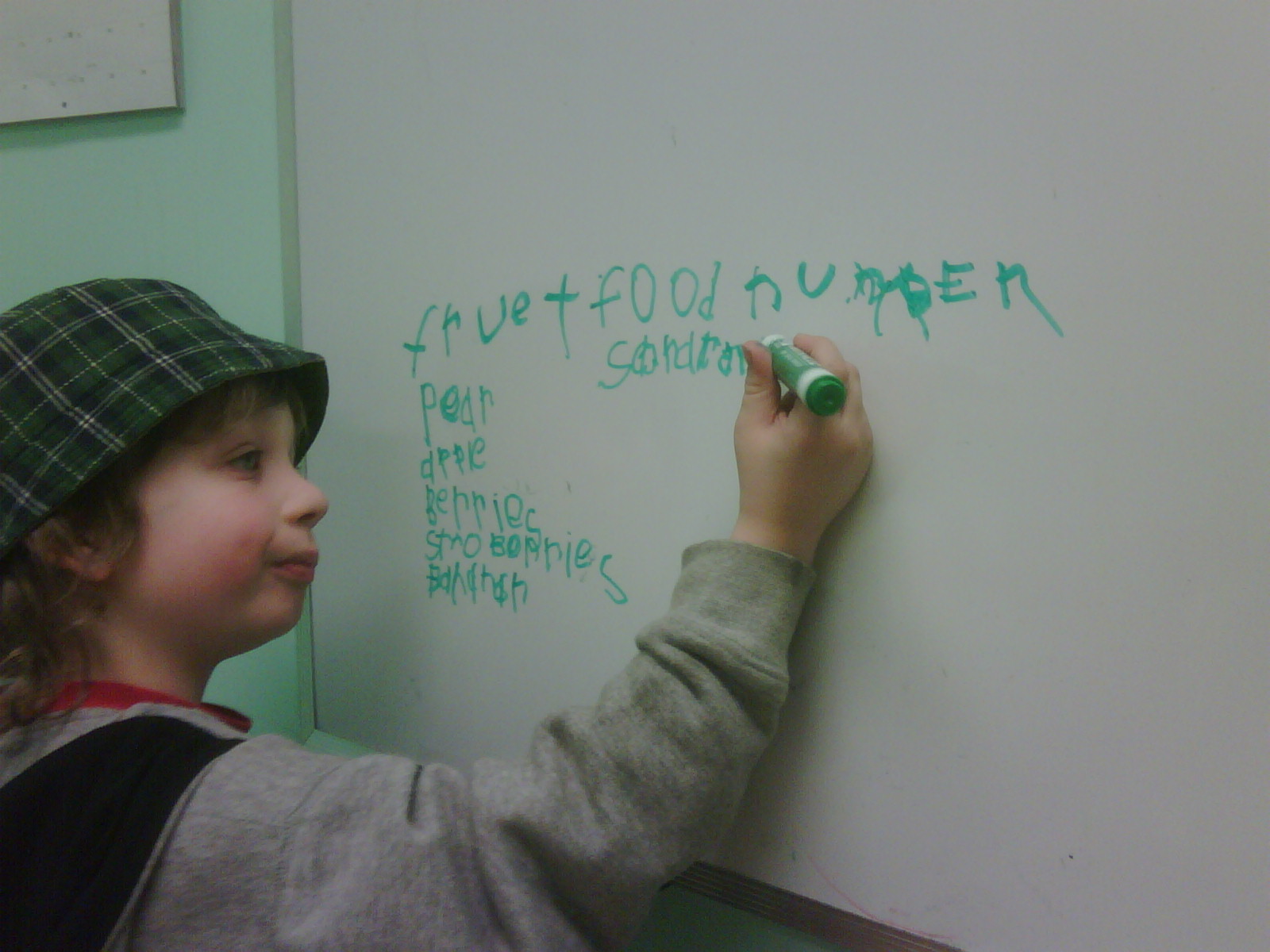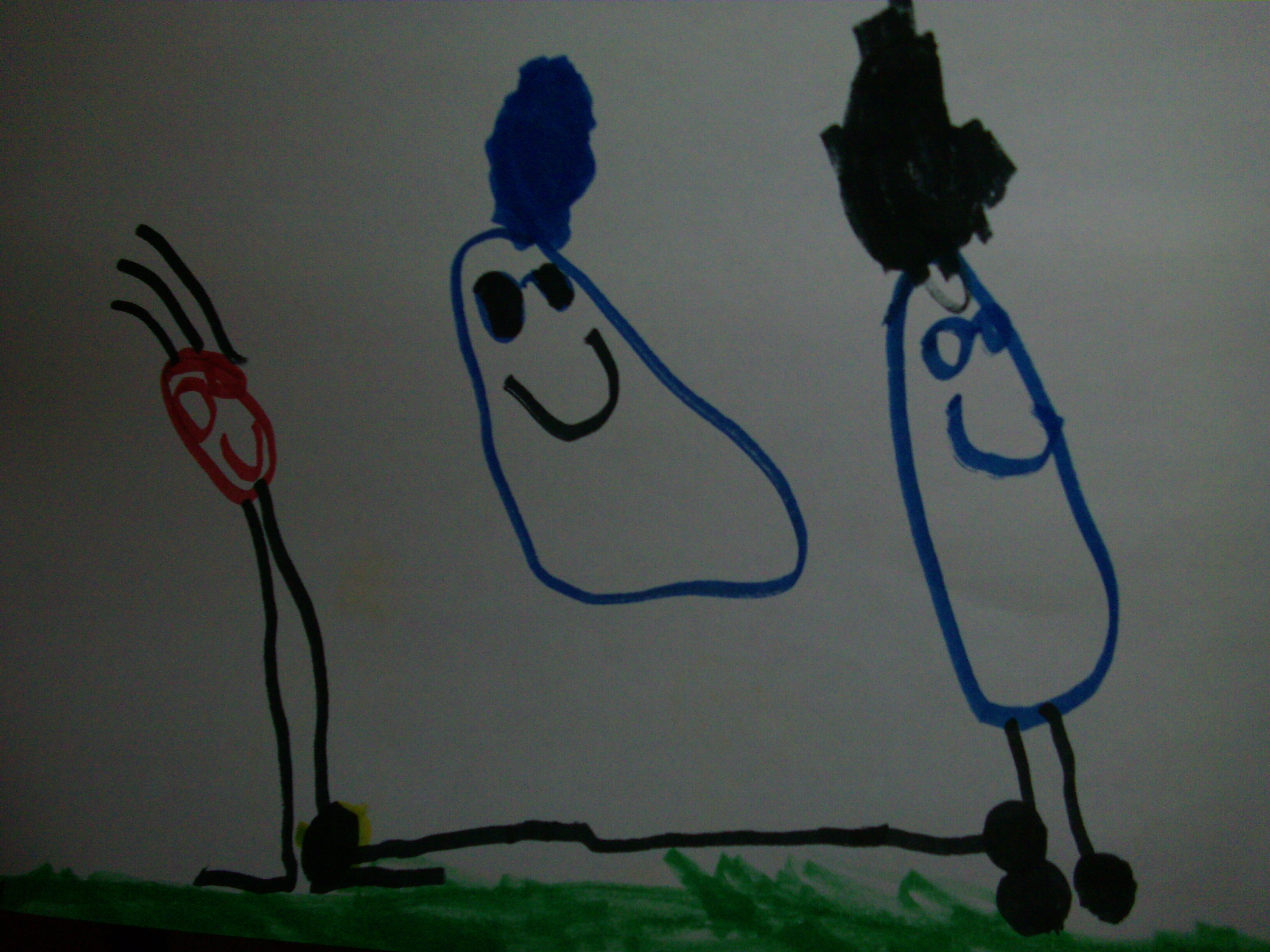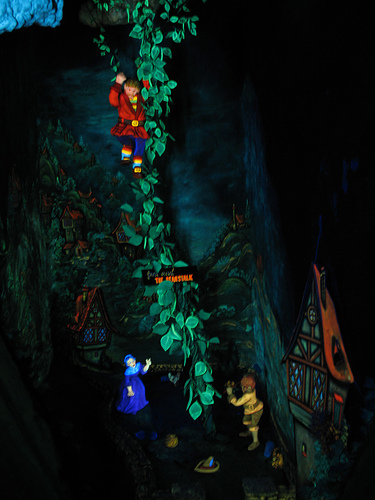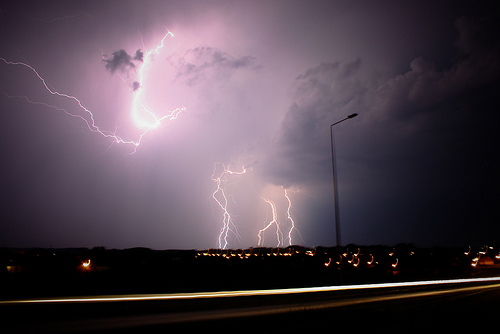 It all started when I turned on the light in the kitchen. My almost-eight-year-old son George sidled up to me and, as usual, said, “Turn off the light soon.”
It all started when I turned on the light in the kitchen. My almost-eight-year-old son George sidled up to me and, as usual, said, “Turn off the light soon.”
George hates the overhead light in the kitchen, and whenever it is turned on, he glues himself to my side and repeatedly tells me to turn it off, like a stuck record. I am so used to this that I barely notice it anymore. I just carry on with whatever I need to do, which last night included unpacking and reloading the dishwasher.
Uh oh. The dishwasher. This is another source of extreme discomfort for George. He gets very anxious when it is open, and like a record stuck on a different track, he tells me over and over again to “put it back soon”.
This – the combination of the light and the dishwasher – was a precursor to the explosion that would happen later in the evening.
I was probably not helping, at least, not at that point. I was in an agitated state of mind, having just come home from a stressful workday. I was multitasking too much, juggling about six tasks simultaneously, and getting stressed because neither of the kids would eat their dinner. I was frazzled and fraught. There is no other way to put it.
The explosion gradually built up throughout the evening, and finally erupted when George turned on the kitchen tap and found the water hotter than he expected. He screamed in outrage and started running around in a panic. I caught him, and using an expertise borne of experience, I used my body to restrain him from thrashing around and hurting himself.
I determined that he was not burned or injured, and sat there wrapped around him while he screamed. And screamed and screamed.
It has been a while since George had a meltdown this bad, but I knew that there was not a thing I could do to diffuse it. This was going to last for as long as it lasted, and we were just going to have to ride it out. Fortunately, my husband was home, so I had someone to tag-team with. One of us would stay with George, while the other would comfort our younger son James, for whom these meltdowns can be mysterious and frightening. Every thirty minutes or so, we would switch kids. Anything else that either of us had planned for the evening was abandoned.
After two hours or so, George finally started winding down. My husband and I cautiously allowed ourselves to breathe. He went back to the work he had been doing on his computer, and I went into the kitchen and made a cup of tea. I got the kids into their pajamas and gave them their bedtime milk. Because they were both still unsettled, I allowed them to chill out on the couch for a while before going to bed.
The period of relative calm turned out to be the eye of the storm.
The dishwasher had been running in the background without anyone paying attention to it. George, with his super-sensitive ears, heard the quiet click that heralds the end of the dishwasher’s cycle, and just like that, he was off again. For another hour, this poor child was experiencing an emotional storm that I felt ill-equipped to help him weather.
The worst part of all this was not the screaming. It was not the panicked running around and frantic scrabbling with the dishwasher. The worst thing by far was the look in George’s eyes. He kept looking directly at me, trying desperately to communicate – something. If the eyes are indeed the window to the soul, then my son’s soul was frustrated, unspeakably sad, desperate – almost tortured. It broke my heart to see him that way, to see him in such obvious pain and to be unable to help him.
Much later, when everything was finally quiet and when the entire household (sans me) was asleep, the question of why kept running through my mind. What happened to trigger the worst meltdown we’ve seen in about a year? Could the light and the dishwasher have suddenly morphed from a source of anxiety to a source of full-on panic? Was the hot water just too much for him to handle? If I had not been stressed and agitated, would the situation have escalated to such an extreme degree? In an interesting theory offered by my mother – one that resonates with me – could yesterday’s earthquake have unsettled George and made him more susceptible to stress?
As with most things autism-related, there are no definitive answers. Every question just spawns more questions. All I can really do is go with my instincts and strive to be the best mom I can be.
(Photo credit: http://www.flickr.com/photos/powazny/3782692376/. This picture has a creative commons attribution license.)





